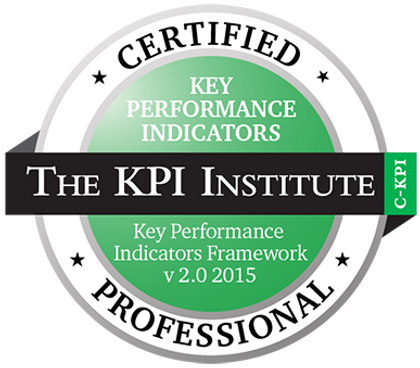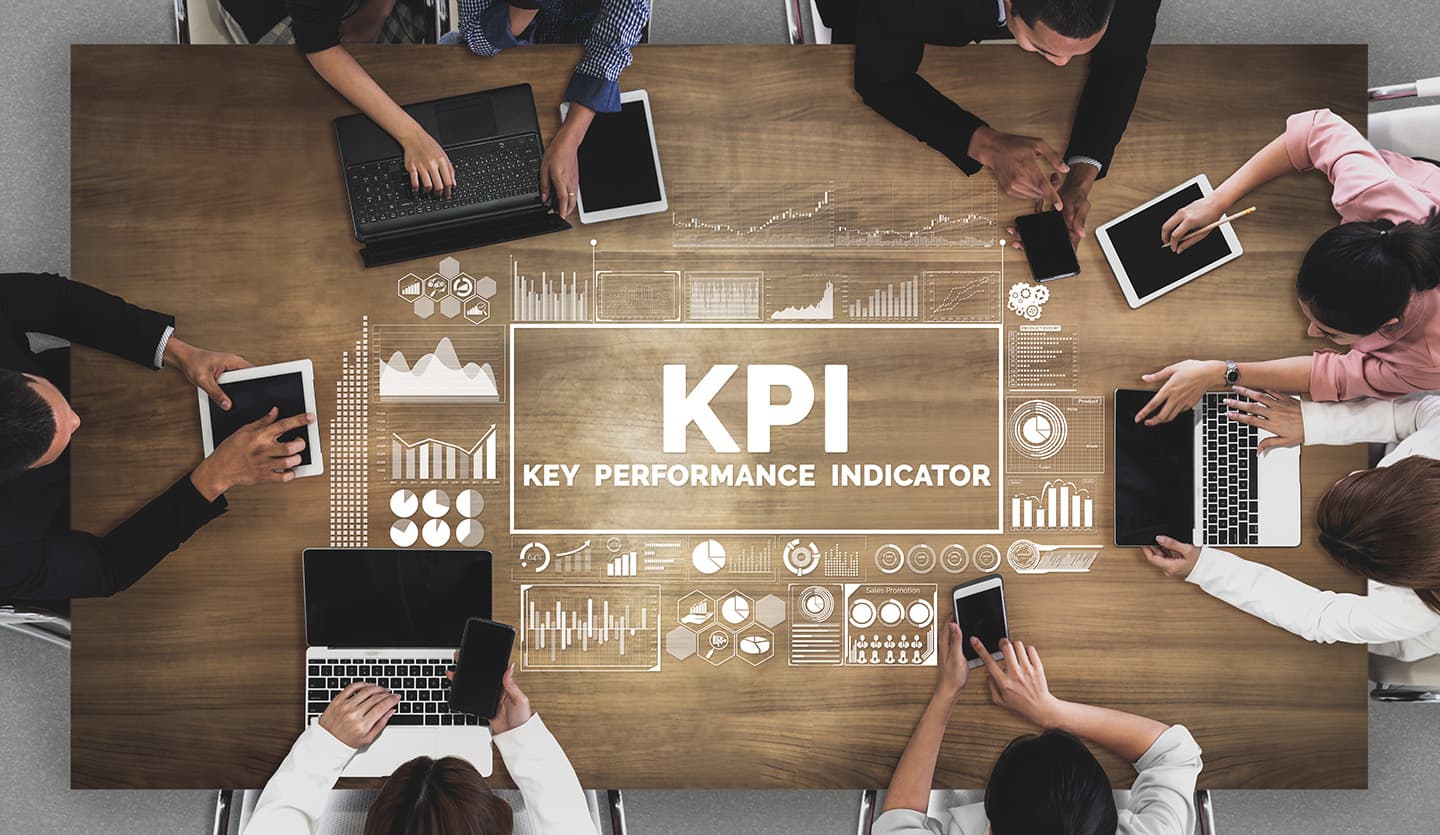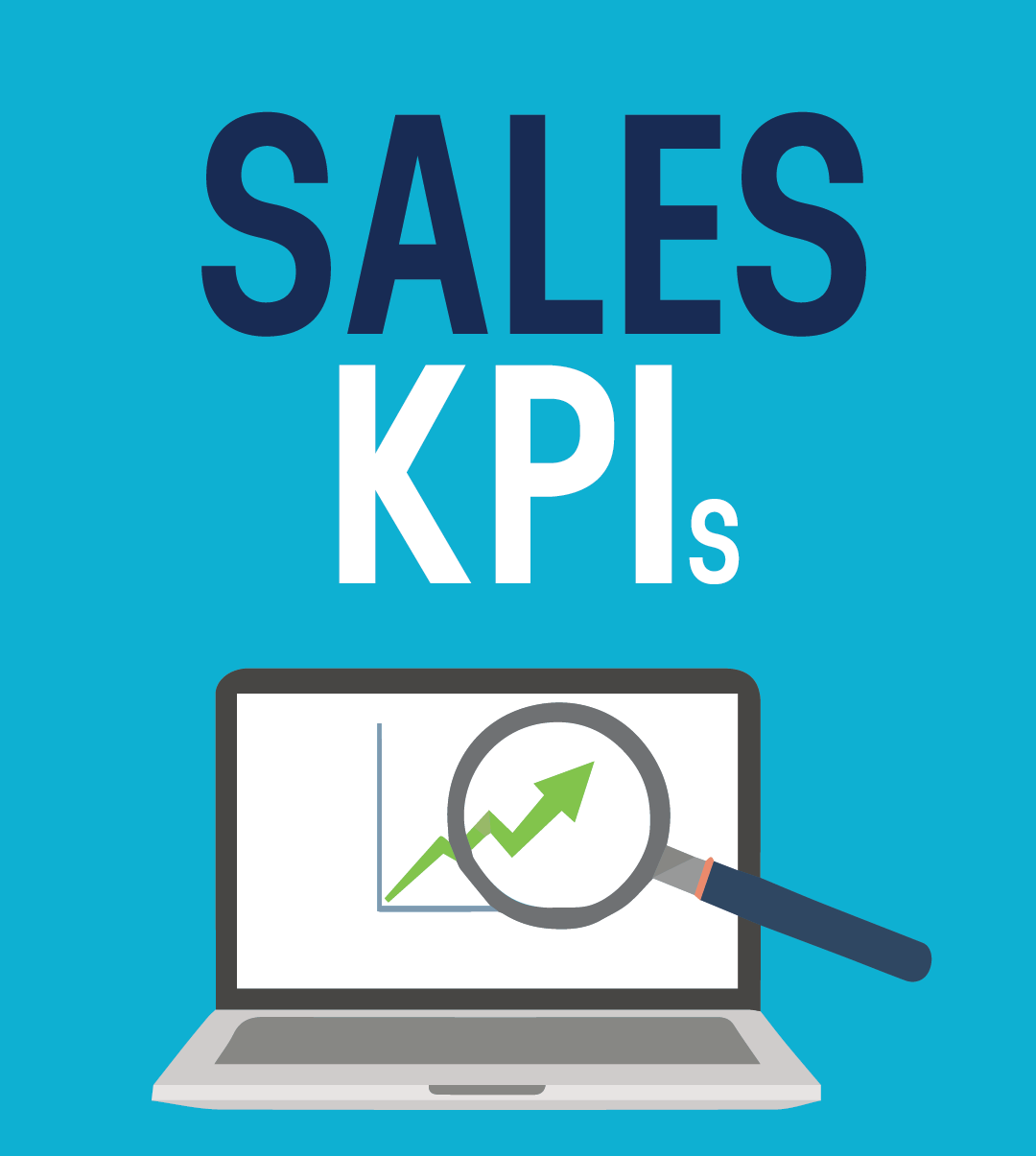Introduction
Selection and data gathering are considered by practitioners all around the world to be the most challenging aspects in working with Key Performance Indicators (KPIs). A way to address these challenges is to build a sound framework to measure KPIs, starting from the moment they are selected, until results are collected to be centralized in performance reports.
The KPI Institute has developed a rigorous KPI Measurement Framework that embeds 10 years of research in the field and relies on best practices applicable in the real business environment.
This learning program is structured on two levels of certifications:
- Certified KPI Professional – a three days training course focused on developing know-how in working with KPIs. The certification can be obtained by taking a multiple question Certification Exam in the last day of the course.
- Certified KPI Practitioner – a two days training course meant to improve the practical skills in working with KPIs and developing instruments like scorecards, dashboards and KPI documentation forms. The applied exercises of this course will enable participants to complete a trial run of all the steps required to complete the portfolio which is the basis of the KPI Practitioner Certification. The exercises will reflect a complete KPI implementation case study, from project planning to KPI data visualization.
The training courses can be accessed individually. However, participants are eligible to receive the KPI Practitioner Certification only if they are KPI Certified Professionals.
5 Benefits
- Develop the project plan for a KPI implementation initiative;
- Practice a sound framework to ensure KPIs are aligned to strategy;
- Receive personalized feedback on developing the KPI portfolio of instruments;
- Expand your business network by becoming a member of the international Certified KPI Professionals Community;
- Access +15 templates that help you implement a KPI Measurement Framework in your organization.
Learning objectives
- Understand KPI measurement challenges and how to address them;
- Select KPIs for scorecards and dashboards from the organizational to the departmental and individual level;
- Develop a KPI implementation project plan;
- Optimize the KPI activation and data gathering process.
- Differentiate between objectives, KPIs and initiatives;
- Understand KPI selection in different contexts;
Evaluation
The certification process is finalized when you complete all stages of the learning experience. You will receive a:
- Certificate of Completion (soft copy): after completing pre-course activities, passing the Certification Exam and the Learning Assessment Quiz;
- Certificate of Attendance for Certified KPI Professional (hard copy): after participating at the 3 days of on-site training course;
- Certificate of Attendance for Certified KPI Practitioner (hard copy): after participating at the 2 days of on-site training course;
- Certified KPI Professional diploma (hard copy): after you have successfully completed all of the 3 stages of the learning experience.
– A standardized approach to KPIs
The world of KPIs
- Challenges in performance measurement;
- The value added by KPIs;
- KPIs concept map;
- Governance;
- Organizational levels.
Understanding KPIs
- KPI related terminology;
- SMART objectives decomposed;
- KPI lifecycle.
KPI typology
- Leading vs. lagging KPIs;
- Qualitative vs. quantitative KPIs;
- Efficiency vs. effectiveness KPIs.
KPI Taxonomy
- Interdisciplinary systemic worldview;
- KPI use case scenarios;
- KPI DNA map.
– KPI selection and target setting
KPI Selection
- KPI selection for organizational scorecard;
- KPI selection sources;
- KPI selection techniques.
KPIs Alignment
- KPI alignment approaches;
- KPI selection for corporate scorecard;
- KPIs cascaded to functional area.
KPI documentation
- KPI documentation form functions;
- KPI documentation form design;
- KPI documentation process;
- Organizational KPI libraries.
Working with targets
- Target setting process;
- Challenges in working with targets;
- Weights and indexes;
- Negative behaviors when setting targets.
– Data gathering and visualization
Data gathering
- Data quality dimensions;
- KPI reporting data sources;
- KPI activation tools;
- KPI activation techniques;
- Working with data custodians;
- Data collection methods.
Data visualization
- Guidelines to designing efficient templates;
- Usability in terms of visual design;
- Scorecard and dashboard design.
Scorecard and dashboard design
- Scorecard and dashboard examples;
- Best practices in scorecard design;
- Best practices in dashboard design.
Review &Review and certification exam
- Course review;
- Certification Exam.
Certified KPI Practitioner Agenda
Day 1 – Establishing KPIs
KPI Project Coordination
- The business case for KPI implementation;
- KPI project plan;
- KPI workshop preparation (data sources, email notification, KPI selection workshop).
KPI Selection
- Value driver concept mapping;
- Defining objectives;
- Value flow analysis;
- KPI balancing.
Day 2 – Monitoring KPIs
KPI Measurement
- KPI documentation;
- KPI data gathering template;
- Data gathering communication.
KPIs in Context
- Organizational Scorecard;
- Departmental Scorecard;
- Operational Dashboard;
- Change log.






